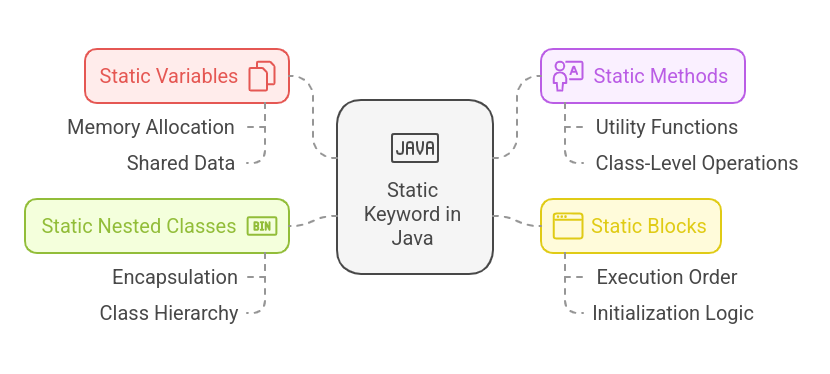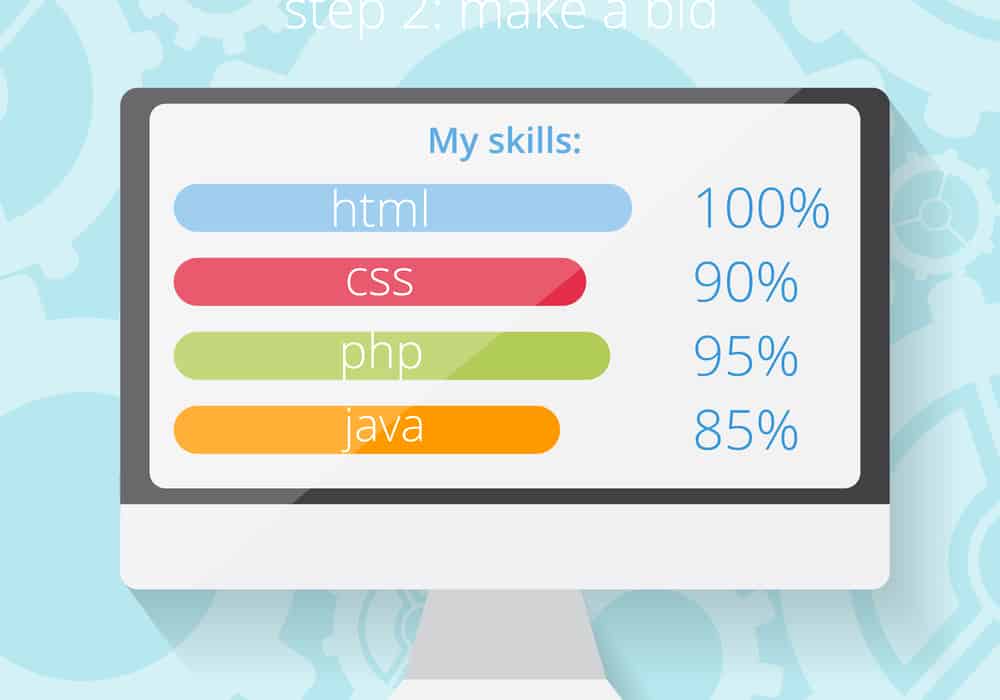Java is a high-level, class-based, object-oriented programming language. It has few implementation dependencies. Java is a general-purpose programming language. It lets application developers “write once, run anywhere” (WORA). This means compiled Java code runs on all platforms that support Java without recompilation.
You can learn Java from various resources. Books offer structured, in-depth knowledge. They explain complex ideas clearly. You get practical advice from experienced authors. This helps you build a strong foundation and avoid common mistakes.
Learn Java the right way! Our course teaches you essential programming skills, from coding basics to complex projects, setting you up for success in the tech industry.
Top Java Books for Beginners
If you are new to Java, start with books that explain core concepts clearly. These books use simple language and provide many examples.
1. Head First Java
Head First Java by Kathy Sierra and Bert Bates is a highly visual guide. It makes learning engaging. This book covers core Java concepts like objects, classes, and threads.
- How it helps you: You learn fundamental Java concepts easily. The visual format helps you understand.
- Key topics: Object-Oriented Programming (OOP), threads, collections, and basic language features.
- Actionable tip: Work through every example and puzzle in the book. This helps you remember what you learn.
- Get the book: Head First Java on Google Books
2. Java: A Beginner’s Guide
Java: A Beginner’s Guide by Herbert Schildt is a comprehensive introduction. It covers Java fundamentals. You get clear explanations of syntax, keywords, and programming principles.
- How it helps you: It provides a solid foundation for new programmers. You understand the basics thoroughly.
- Key topics: Java syntax, object-oriented programming, GUI development, and JavaFX basics.
- Actionable tip: Use this book to build small projects. Apply the concepts you learn immediately.
- Get the book: Java: A Beginner’s Guide on Google Books
3. Core Java, Volume I—Fundamentals
Core Java, Volume I—Fundamentals by Cay S. Horstmann and Gary Cornell offers a deep dive into core Java features. It suits serious beginners. You get detailed explanations of Java features.
- How it helps you: It offers in-depth education on Java and its API. You learn about modularization and robust code.
- Key topics: Variables, data structures, objects, classes, generics, collections, and lambda expressions.
- Actionable tip: Focus on understanding the examples. They show modularization for easier code management.
- Get the book: Core Java, Volume I—Fundamentals on Google Books
Essential Java Books for Intermediate Programmers
Once you know the basics, you need to deepen your understanding. These books help you write efficient, maintainable, and robust Java applications.
1. Effective Java
Effective Java by Joshua Bloch is a must-read for serious Java programmers. It provides practical advice and best practices. You learn how to write effective code.
- How it helps you: This book clears misconceptions about Java. You get concrete explanations for common programming issues.
- Key topics: Object creation, serialization, generics, concurrency, and error handling.
- Actionable tip: Treat each item in the book as a guideline. Apply these guidelines to your daily coding. A study by DZone confirms that reading this book helps you become a better Java programmer.
- Get the book: Effective Java on Google Books
2. Clean Code
Clean Code: A Handbook of Agile Software Craftsmanship by Robert C. Martin (Uncle Bob) focuses on writing high-quality code. It teaches you how to write readable and maintainable code.
- How it helps you: You learn to identify good and bad code. This book improves your coding style.
- Key topics: Naming conventions, functions, comments, formatting, objects and data structures, error handling.
- Actionable tip: Practice refactoring existing code using the book’s principles. You improve code quality.
- Get the book: Clean Code on Google Books
3. Head First Design Patterns
Head First Design Patterns by Eric Freeman, Elisabeth Robson, Bert Bates, and Kathy Sierra explains design patterns. It uses a visual format. You learn important object-oriented design principles.
- How it helps you: You understand how to solve common design problems. This makes your code more flexible.
- Key topics: Strategy, Observer, Decorator, Factory, Singleton, Command, Adapter, Facade, Template Method, Iterator, Composite, State, Proxy patterns.
- Actionable tip: Implement each design pattern in your own small projects. This solidifies your understanding.
- Get the book: Head First Design Patterns on Google Books
Advanced Java Books for Experienced Developers
For experienced Java developers, these books cover specialized and advanced topics. They help you optimize performance and work with complex systems.
1. Java Concurrency in Practice
Java Concurrency in Practice by Brian Goetz, Tim Peierls, Joseph Bowbeer, David Holmes, and Joshua Bloch addresses multithreading and concurrency. It explains how to write safe and efficient concurrent applications.
- How it helps you: You gain a rich understanding of concurrency and multithreading. This is crucial for high-performance applications.
- Key topics: Thread safety, synchronization, thread pools, and advanced concurrency utilities.
- Actionable tip: Experiment with the code examples. Understand how different concurrency mechanisms affect performance.
- Get the book: Java Concurrency in Practice on Google Books
2. Spring in Action
Spring in Action by Craig Walls focuses on the Spring Framework. Spring is a critical part of modern Java application development. This book guides you through building applications with Spring.
- How it helps you: You learn the most popular Java framework. This expands your capabilities in enterprise development.
- Key topics: Spring Core, Spring MVC, Spring Data, Spring Security, and building microservices.
- Actionable tip: Build a small web application using Spring Boot. Apply the book’s concepts to a real project.
- Get the book: Spring in Action on Google Books
3. The Definitive Guide to Java Performance
The Definitive Guide to Java Performance by Scott Oaks helps you optimize Java applications. It explains how Java code behaves in the JVM. You learn performance tuning techniques.
- How it helps you: You understand JVM internals, garbage collection, and profiling. This leads to faster applications.
- Key topics: JVM tuning, garbage collection, memory management, I/O optimization, and profiling tools.
- Actionable tip: Use profiling tools like VisualVM. Apply the book’s techniques to find and fix performance issues in your code.
- Get the book: The Definitive Guide to Java Performance on Google Books






